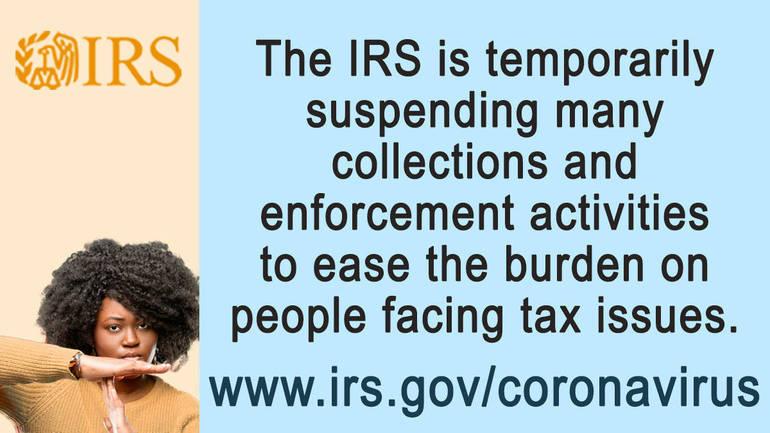The fan and the shit are failing to practice social distancing as March comes to a close. If you want the latest on epidemiology, hygiene tips, or obnoxious things people have tweeted recently, you won’t find it here. But I will try to sift through the news a bit and find things that might be of some interest to those of us in the tax resistance fringe.
If among your fondest dreams is something to do with delivering the federal government’s budget a crippling body blow, you may have reason to smile right now. Tax revenue has got to be dropping fast: personal income is surely way down as unemployment claims are at unprecedented levels; probably also many self-employed people who don’t normally qualify for unemployment are out-of-work as well. Businesses are closing their doors and foregoing revenue. Industries like travel, professional sports, casino gambling, are taking across-the-board hits. So business income is in the shitter too. Capital gains? Remember those? Tariffs, Trump’s favorite go-to tax, also down as international borders close, shipping runs into quarantines, and customers dry up.
Boy would this be a good time for the government to dip into its rainy-day fund that it’s built up by running budget surpluses during the fat years.
Heh nope.
The budget deficit has ballooned during the Trump administration.
But that hasn’t stopped the politicians.
In desperation they enacted a bipartisan $2 trillion economy-goosing bill — a mix of loans and cash giveaways (and suspiciously-targeted tax breaks and the usual pork).
For comparison, the entire federal government budget is a bit over $4 trillion; the national debt is was about $23 trillion.
This new stimulus bill was on top of another bill enacted a little over a week ago that cut the payroll tax for and provided new tax credits for many companies, and also made more people eligible for federal unemployment insurance payments.
(I hear tell also that the older of the two bills includes a provision that allows tax filers next year to deduct $300 in charitable donations without itemizing. The bill also removed the cap on the itemized deduction for charitable giving, if you’re being especially generous this year. That could come in handy.)
This paragraph is based on preliminary news reports about the just-enacted law, and so may be wrong in some or many particulars: The new stimulus law includes a provision for sending $1,200 checks to just about everyone in America (plus $500 for dependent children). Early reports say that the checks will only go to citizens and legal residents with incomes under a certain threshold, which is based on the income on their 2019 tax returns, and that they’ll phase out as they approach that threshold. The checks will be treated as advance payments on a tax credit that will apply on the 2020 tax year’s filing, and so if your income is lower this year than in 2019, you’ll make any adjustment then if you actually qualify for more money than you ended up getting this year. I hear tell that they’ll be issuing checks even to people with an existing tax debt, so even a scofflaw like me might get a payout. That’d be hilarious. However, what about people who don’t file tax returns — either tax resisters who choose that method of resistance, or people with very low incomes who aren’t legally required to file? I haven’t heard how they plan to handle this.

Meanwhile, the IRS is sending almost all of its employees home, at a time of year when the agency would normally be having all-hands-on-deck to deal with tax filing season. The tax filing (and paying) deadline was pushed out a few months, to , which takes some of the pressure off, but still this is a pretty big deal. I’m going to go out on a limb and guess that an agency whose databases are still running fifty-year-old CoBOL probably doesn’t have state-of-the-art remote working capabilities, either. In any case, according to the union contract, in order for an IRS employee to work remotely they must have high-speed internet and “an alternative space that’s conducive to working.” Without those things, the IRS can’t force them to work, and has to put them on “weather and safety leave” instead.
The agency has already suspended deadlines for tax payments, installment payments, and offers in compromise payments. They’ve also put a halt to any new liens and levies initiated either by field collection officers or by their automated systems. They’ll also stop referring tax delinquents to private tax collection agencies, or reporting them to the State Department to have their passports denied. In short, their collections & enforcement division is taking a breather until mid-July at the earliest (and a lot of us can breathe easier too).
